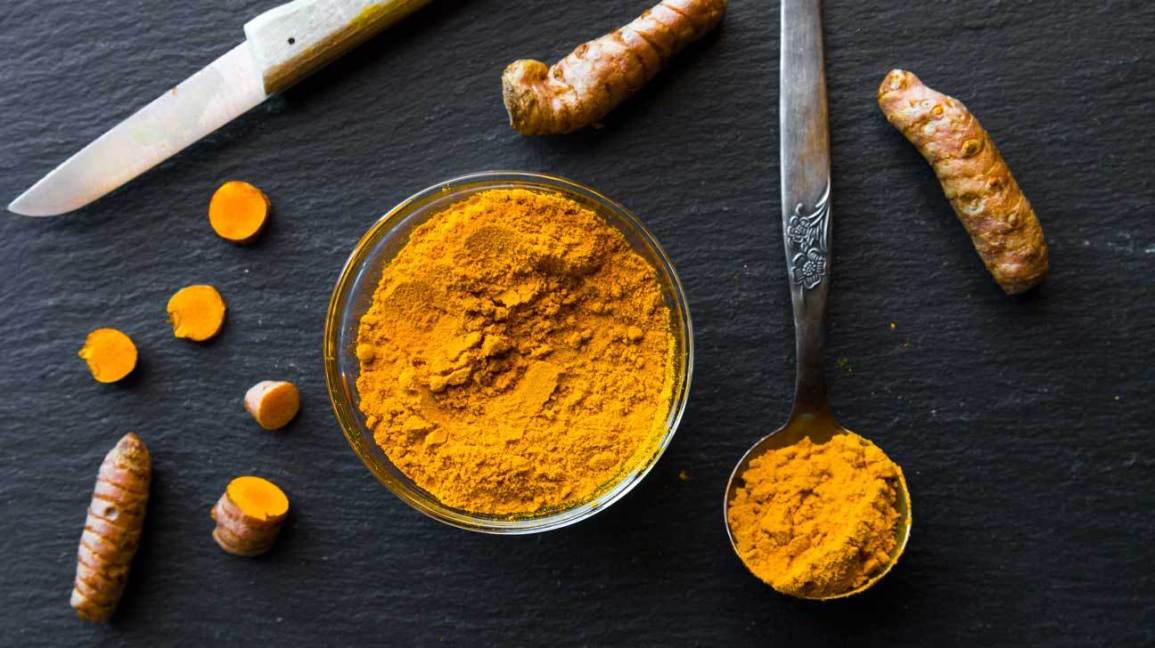Inflammation is a vital part of the immune system’s response to injury and infection. It’s the body’s way of signaling the immune system to heal and repair damaged tissue, as well as defending itself against foreign invaders, such as viruses and bacteria.
Inflammation helps the body by producing white blood cells and other substances. When the inflammation process starts, chemicals in the white blood cells are released into the blood and the affected tissues to protect the body. The chemicals increase blood flow to the infected or injured body areas, causing redness and warmth in those locations. These chemicals can also cause leaking of fluids into tissues, resulting in swelling. This protective process can also stimulate nerves and tissues, causing pain1. So how much do we actually know about inflammation, and how it affects the body?
Different Types of Inflammation
Scientists, over the years, have searched for commonalities behind some of our most common and prevalent diseases, like Alzheimer’s, arthritis, diabetes, and more, and have zeroed in on one factor that seems to play into them all: inflammation. Now, inflammation happens to everyone, whether you’re aware of it or not. Inflammation is classified into two different types, acute inflammation, and chronic inflammation.
- Acute inflammation usually occurs for a short, albeit severe, duration, and it usually resolves in about a week or two. Symptoms oftentimes appear quickly. This type of inflammation can restore your body to its state before injury or illness. It may include heat of a fever or warmth in the affected area. Acute inflammation is a healthy and necessary function that helps the body to attack bad bacteria and other foreign substances anywhere in the body. Once the body has healed, the inflammation usually goes away.
- Some examples of acute inflammation include bronchitis, an infected/ingrown toenail, a sore throat, skin cuts, and dermatitis.
- Chronic inflammation, on the other hand, is a slower and less severe for of inflammation. It typically lasts longer than six weeks, and can occur when there’s no injury, and doesn’t always end when the injury/illness is healed. Unfortunately, it can continue to attack healthy areas of the body, unless the body’s immune response “turns off.” Chronic inflammation has been linked to autoimmune disorders and even to chronic stress2.
- Some examples of conditions that cause chronic inflammation include inflammatory arthritis, asthma, periodontitis (inflammation of the gums and other supporting teeth structures), and inflammatory bowel disease (IBS).
Symptoms of Inflammation
The specific symptoms that you have will depend on where in the body the inflammation is found, and what is causing it. Nevertheless, there are five classic markers for inflammation, which are heat, pain, redness, swelling, and even loss of function. In some autoimmune conditions, your immune system can trigger inflammation that affects your skin, leading to rashes. In other types, it attacks specific glands, which affects hormone levels in the body. With rheumatoid arthritis, for example, your immune system attacks your joints, and you may experience joint pain, stiffness, fatigue, numbness, tingling, and a limited range of motion from inflammation. With IBS, some common symptoms include diarrhea, stomach pain, weight loss, anemia, and bloating.
Ways to Help Fight Inflammation
There are several things you can do yourself, in order to help fight inflammation. The first is to monitor the foods that you eat, because changes to diet really can help! To reduce inflammation, you should limit these three things in your diet: sugar, saturated fat, and refined carbohydrates. Many studies have found that eating foods high in sugar can cause inflammation in the body. When we eat processed sugars, it triggers the release of “inflammatory messengers,” called cytokines. Next, is saturated fats. Saturated fats can trigger inflammation in fat cells called adipose tissue, which increases the inflammation associated with arthritis. Consumption of refined carbohydrates should be reduced, because not only has most of their fiber been removed, but they provide very little “nutrition.” They have also been linked to high levels of inflammatory markers in the blood3.
Another item that might help you to reduce inflammation is to start taking a supplement containing turmeric. Turmeric is sold as a spice and also as a supplement. Dozens of studies and trials have shown that curcumin (the main active ingredient in turmeric) has anti-inflammatory properties. In addition, curcumin has been found to increase the antioxidant capacity of the body. The reason antioxidants are so important, is that they protect your body from free radicals, which can cause oxidative stress to the body4. Curcumin is great because it can help to neutralize these free radicals, due to its chemical structure, and it also boosts the activity of the body’s antioxidant enzymes. When choosing a curcumin supplement, look for one that is formulated to be bioavailable (natural curcumin does not absorb well and is rapidly eliminated from the body). For example, Kyolic Curcumin supplement contains Meriva® Turmeric Complex that binds curcumin with phosphatidylcholine to increase bioavailability and absorption.
Inflammation is a necessary part of the body’s healing process, and is usually nothing to worry about. But when inflammation is chronic, it can turn into a serious health problem. Watch your diet and take care of your body to keep your immune system in balance. If you are experiencing ongoing inflammation, you should consult with your healthcare professional for more information.
References
- https://www.verywellhealth.com/signs-of-inflammation-4580526
- https://www.healthline.com/health/inflammation#symptoms
- https://www.lifespan.org/lifespan-living/foods-fighting-inflammation-arthritis-and-joint-pain
- https://www.healthline.com/nutrition/top-10-evidence-based-health-benefits-of-turmeric#section11
This article is for informational purposes only. This article is not, nor is it intended to be, a substitute for professional medical advice, diagnosis, or treatment and should never be relied upon for specific medical advice.

Share this Post